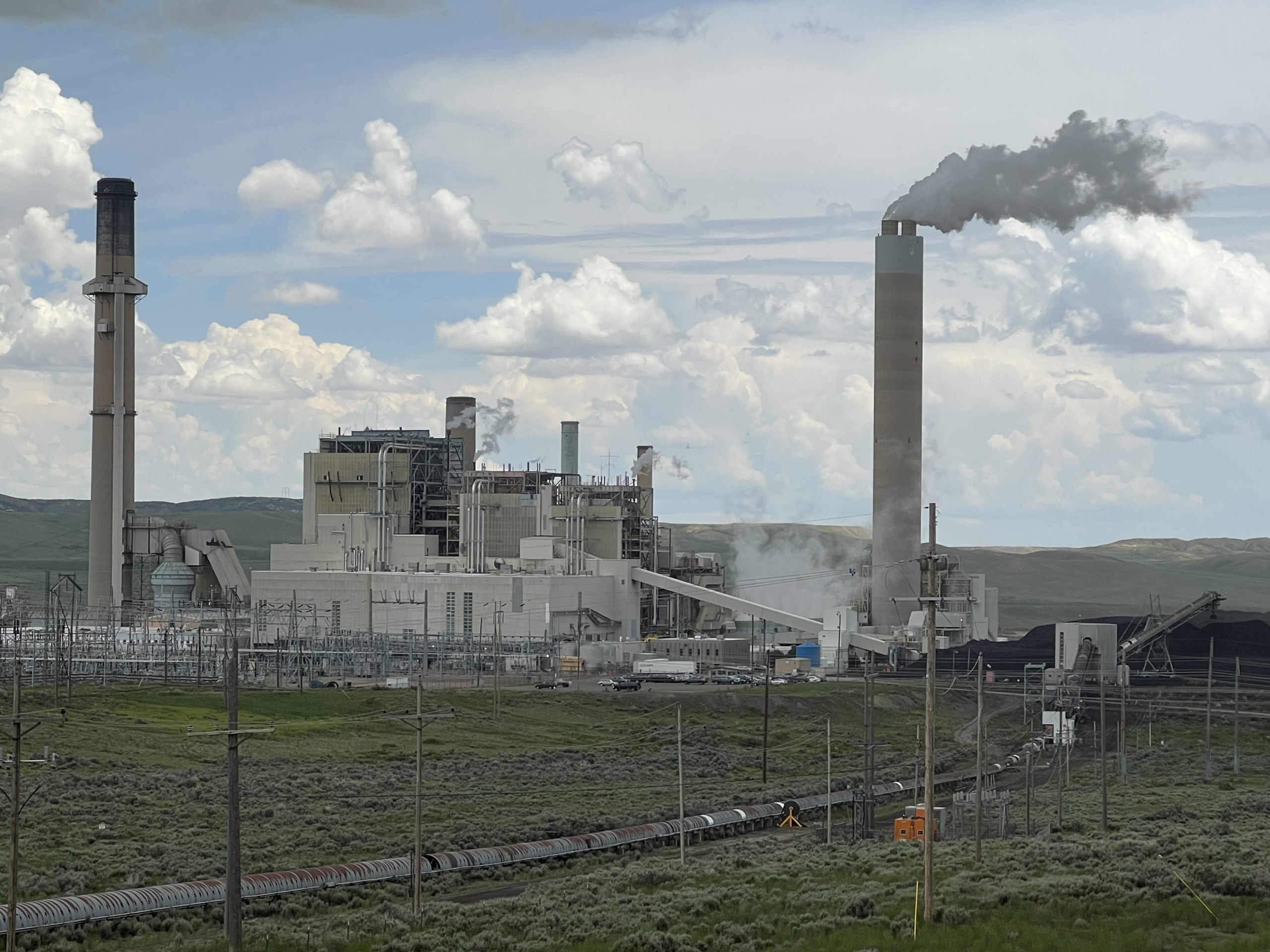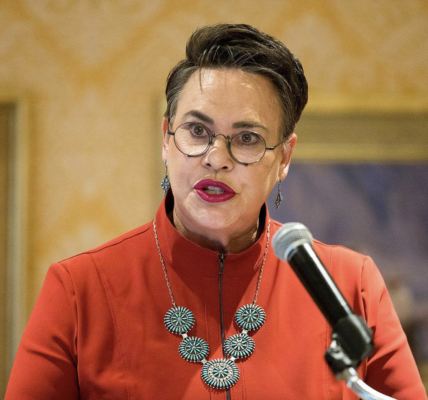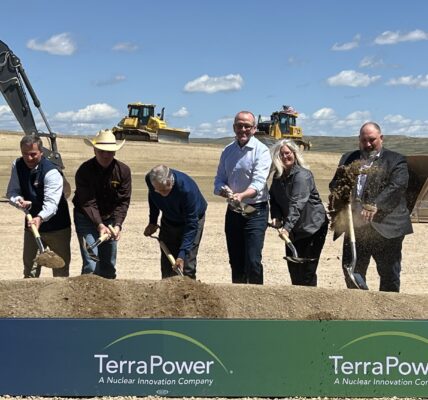Carbon capture reform advances as coal-plant owner says Wyoming’s existing mandate is unaffordable

Black Hills Energy won a reprieve from state regulators for its ‘final plan’ to comply with the law while legislators consider extending compliance deadlines.
By Dustin Bleizeffer, WyoFile.com
Wyoming electric power provider Black Hills Energy was supposed to file a “final plan” in March for how it will meet a state mandate to retrofit two coal-fired power plants to capture carbon dioxide by 2030.
But the company recently requested a one-year extension, noting that its analysis so far still indicates it can meet 0% of the state’s 80% carbon capture standard, based on available technology and long-enshrined utility regulatory standards of “just and reasonable” rates for customers of monopolistic utilities.
“The research and studies regarding low-carbon energy portfolios, and specifically carbon capture, are quickly developing,” Black Hills Energy attorney Jana Smoot White told the Wyoming Public Service Commission on Thursday. “They’re probably not at a state where we would be comfortable presenting a final plan at the end of next month.”
The three-member commission said it would revisit the company’s request for an extension in about 90 days because the Legislature is currently considering legislation that might change timelines under the mandate. The extension, however, does not apply to Rocky Mountain Power, which operates three coal-fired power units that are also subject to Wyoming’s mandate and must file its “compliance plan” in March — because it didn’t ask for an extension, commissioners said.
Carbon capture mandate reforms
The commission’s move essentially buys enough time to see what happens with Senate File 42 – Low-carbon reliable energy standards-amendments, which passed out of the Senate on Friday on a voice vote and goes to the House for consideration next week.
The bill would amend statutes created by House Bill 200 – Reliable and dispatchable low-carbon energy standards, passed in 2020.
Primarily, lawmakers want to push back the deadline for compliance from 2030 to 2033. Proponents say more time is needed to allow the technology to advance further toward economic viability. More time is also needed to attract third-party operators who might assume the business side of the carbon capture, and the potential sale of carbon dioxide, from the utilities that own the coal plants.
Senate File 42 also fixes ambiguous language in existing law regarding how much of the cost of retrofitting coal plants can be passed onto Wyoming ratepayers. It clarifies that the total cost incurred by a utility can be passed on to its ratepayers, but not all at once. The amount the utilities charge annually must stay below the 2% approved “rate base.”
In other words, the more utilities are forced to pay to retrofit coal plants with carbon capture, the more years their ratepayers will foot the bill.
And so far, cost estimates range from $500 million to $1 billion per coal unit, according to filings with the state.
But those estimates should come down over time, according to proponents of the mandate and SF 42. They claim that Black Hills Energy and Rocky Mountain Power haven’t fully considered passing the carbon capture business to a third party, nor have they fully calculated the potential revenue from federal tax credits for capturing carbon dioxide or selling it for “enhanced oil recovery.”
Wyoming, and utilities that operate coal-fired power plants in the state, could reap billions of dollars from federal tax credits, from the sale of carbon dioxide and from extra oil that’s produced from injecting the gas into aging oil fields, said Sen. Ed Cooper (R-Ten Sleep).
“You’re talking 3.5 to 4 years to pay off the carbon capture [retrofit investment] under existing technology,” Cooper told his colleagues Friday on the Senate floor.
Other lawmakers aren’t so sure.
Sen. Chris Rothfuss (D-Laramie) said he had problems with Wyoming’s coal carbon capture mandate all along, even though he supports the desired outcome.
Senate File 42, however, does make the end goal of realizing carbon capture at an existing coal-fired power plant in the state “more plausible,” Rothfuss said.
“I still have concerns, but [SF 42] is [moving] in the right direction.”
WyoFile is an independent nonprofit news organization focused on Wyoming people, places and policy.





